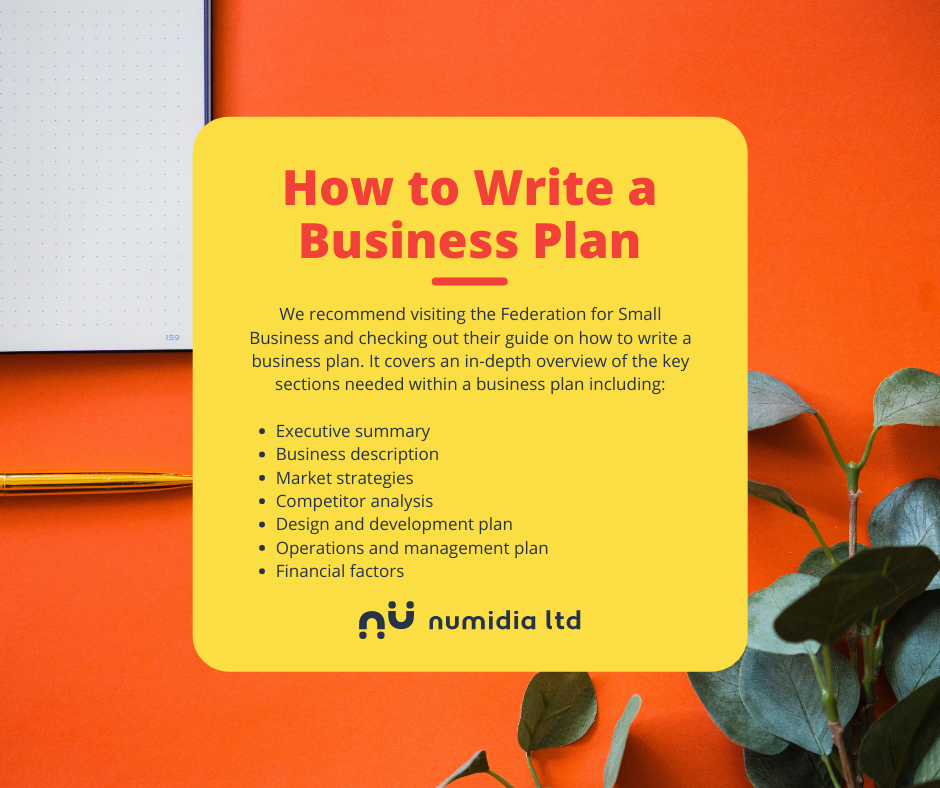Any new business or entrepreneurship starts with an idea and the risk-taking individual who puts that idea into reality.
A startup aims to employ several individuals in a profitable business model. However, an entrepreneurial venture also focuses on the creation and extraction of value in addition to monetary rewards. A successful endeavor thrives on:
- Innovation in the manufacturing of a product,
- New ideas focused on solving a persisting problem,
- Simplified procedures in the delivery of services.
Any sort of help with startup business London might entail persevering a way through the high level of uncertainty that a new business meets within the initial phase. This is where only a few startups pass undeterred on the other end.
How does a business startup begin?
A startup founder or two co-founders first set up a prototype of their business model to seek market validation thorough interviewing process.. The entire process is slow and takes at least two to three years to reach the final outcome. It requires a consistent effort for quite a long stretch of time. For this reason, having a business plan and strategy outlined for a five-year term can help tide over uncertainties and chances of failures in the future.
What are the other challenges for a new founder?
While taking quick action at times of high uncertainty, founders mainly rely on their heuristics in the decision-making process. They often exhibit their own biases which may result in an error. Some of these common biases are –
- overconfidence regarding one’s influence over an objective,
- the illusion of control over events – leaving things to chance instead of enhancing one’s skills and knowledge,
- illusion over the easy availability of ready resources,
- error of assumption
- escalation of a faulty setup
However, since these are a part of the unskilled human cognizance, raising one’s awareness through suitable mentoring and occasional training can help with startup business London.
How does a startup work?
A startup begins with a basic model that is gradually build up or modified with added features.
The lean startup is a business model under limited resources and extreme uncertainty. It aims for higher flexibility, cost-effectiveness and it is empirically tested to validate an assumption. It follows a build-measure-learn loop for continuous learning and redesigning to carve out a successful setting for a given venture.
Evaluation and validation of market demand is a deciding factor in order to provide a stable consumer-centric product or service. But again, an adaptive design based on the consumer’s feedback depends on the thought applied and the decisions taken on the part of the entrepreneur. Therefore, it runs on a high risk of experiential bias.
Conclusion
Real-time decision-making in helping with startup business London can either make or break an excellent and often rare opportunity. This is why a startup must be quick to learn and able to sustain itself in the face of uncertainty and the losses incurred. One must also remember that there will always be competition from similar ventures and therefore being unique is essential in order to stand out from others.

















